The federal government is making significant moves to encourage open access to research. This summer, the White House Office of Science and Technology Policy (OSTP) made national headlines with its new guidance that, by 2026, research funded by all federal agencies should be made freely and immediately available to the public, with no embargo.
“Right now, you work for years to come up with a significant breakthrough, and if you do, you get to publish a paper in one of the top journals,” the White House announcement quoted then-Vice President Biden as saying in remarks to the American Association for Cancer Research in 2016. “And here’s the kicker — the journal owns the data for a year.”
The new guidance will bring about three significant changes to the status quo:
- Removing the 12-month delay before research publications funded by the largest federal agencies become publicly available;
- Directing that both federally-funded research publications and their supporting data should be made publicly accessible at the time of publication; and
- Bringing all federal agencies into alignment with this open access publishing policy.
While the agencies are being given time to determine how they will operationalize the new guidance, the principles at its heart are in sync with the University of California’s long-standing commitment to make our research freely available to the scientific community and the public.
Here is what UC researchers should know now about what to expect:
When will these changes go into effect?
The OSTP guidance recommends that all federal grantmaking agencies implement the recommended changes no later than Dec. 31, 2025. Some agencies may update their grant requirements sooner.
What will I need to do with my research articles once this policy takes effect?
While many of the details are yet to come as each federal agency determines how they will implement the OSTP guidance, what we can infer now is that:
- We expect the agencies that already have policies regarding public access to the research they fund will continue to use their existing processes to the extent possible, updating them as needed to align with the new guidance. We will know more about those changes once the agencies release their updated public access plans.
- If you obtain future research funding from a smaller agency that does not yet require deposit in an open access repository, the agency will develop a policy requiring you to make your funded articles open access in some form. (The details may vary by agency.)
How does this federal guidance interact with UC’s open access publishing options?
As a UC researcher, you do not have to wait for this government policy to be implemented to make your research open access. In fact, the University of California has had an Open Access Policy in place for many years that enables UC authors to make their research publicly available immediately. To do so, you have several options:
- If you choose to publish in a journal that is part of one of UC’s open access publishing agreements, the UC libraries will pay part or all of the open access publishing fee on your behalf depending on the terms of the agreement, using library funds that were previously allocated to pay solely for journal subscriptions.
- If UC does not have an open access agreement with the publisher of the journal that has accepted your article, you can typically choose to pay an open access publishing fee to publish your article open access. Under the OSTP guidance, all federal agencies should allow researchers to include publication and data-sharing costs in their research budgets.
- Another cost-free option is to upload your final accepted manuscript (i.e., prior to typesetting by the publisher) into UC’s institutional repository eScholarship. UC’s Open Access Policies allow you to make your final accepted manuscript immediately available unless the journal’s publisher requests an embargo period or a waiver of the UC policy (learn more about open access or contact us at research@library.ucsc.edu).
Will the new federal guidance make it easier to get funding to cover the cost of open access publishing?
While we do not yet know the details of how each agency will implement the OSTP guidance, based on the current approach of the large federal agencies, there will be a no-cost option available — such as an approved government repository — where you (or the publisher) can deposit your manuscript and meet the open access requirement at no cost.
If you wish to make the final version of your article on the journal’s website open access, the UC libraries will pay some or all of the cost for you if UC has an open access publishing agreement with the publisher. Under most of these agreements, if you do not have research funds available to pay for open access publishing, the UC libraries will pay the full amount and there will be no cost to you. Each agreement is different, so it is important to look at the terms and talk to the library when using an open access publishing agreement.
Importantly, the financial models of these agreements work when enough authors who do have research funds available for open access publishing pay their share. Most funding agencies already allow funds to be used for open access publishing fees, including flexible money that may not have been allocated explicitly for this purpose in the grant budget at the outset. The OSTP guidance, which specifies that “federal agencies should allow researchers to include reasonable publication costs,” reinforces this position for all federal agencies.
Where and how do I share my data?
As agencies implement the OSTP guidance on data sharing, they may recommend or require specific repositories. Until those details are known, a subject-specific repository is usually the best place to share your data since it will be an intuitive location for other scientists to look for datasets in a particular field. There are also general repositories that take in a variety of subjects and interdisciplinary datasets. UC has partnered with the Dryad repository, and UC affiliates can deposit data there for free (as long as it is open and unrestricted, and contains no personally identifiable human subject information; see the Dryad FAQ for details).
Tip: When submitting data to a general repository, include data collection protocols, instruments, and other relevant documentation to ensure ease of data reuse. This will significantly enhance how FAIR (findable, accessible, interoperable, and reusable) the data are.
Who can I contact if I have more questions?
If you have questions that were not answered above, please contact the Library at research@library.ucsc.edu.


 RSS Feed
RSS Feed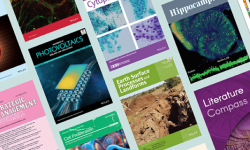
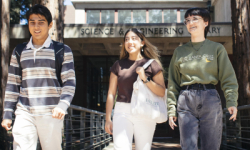
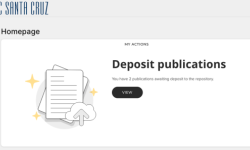

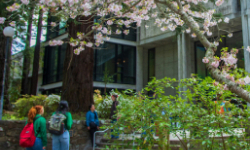
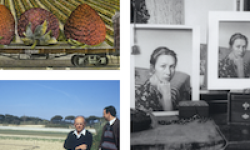
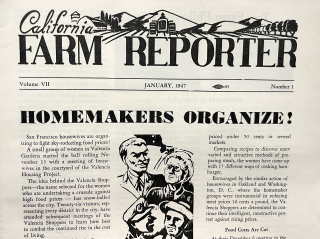
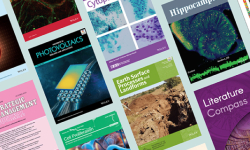


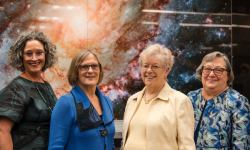

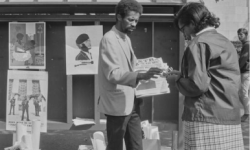
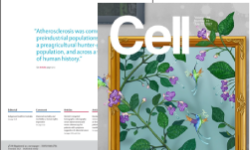

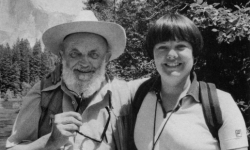
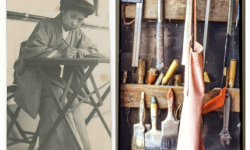
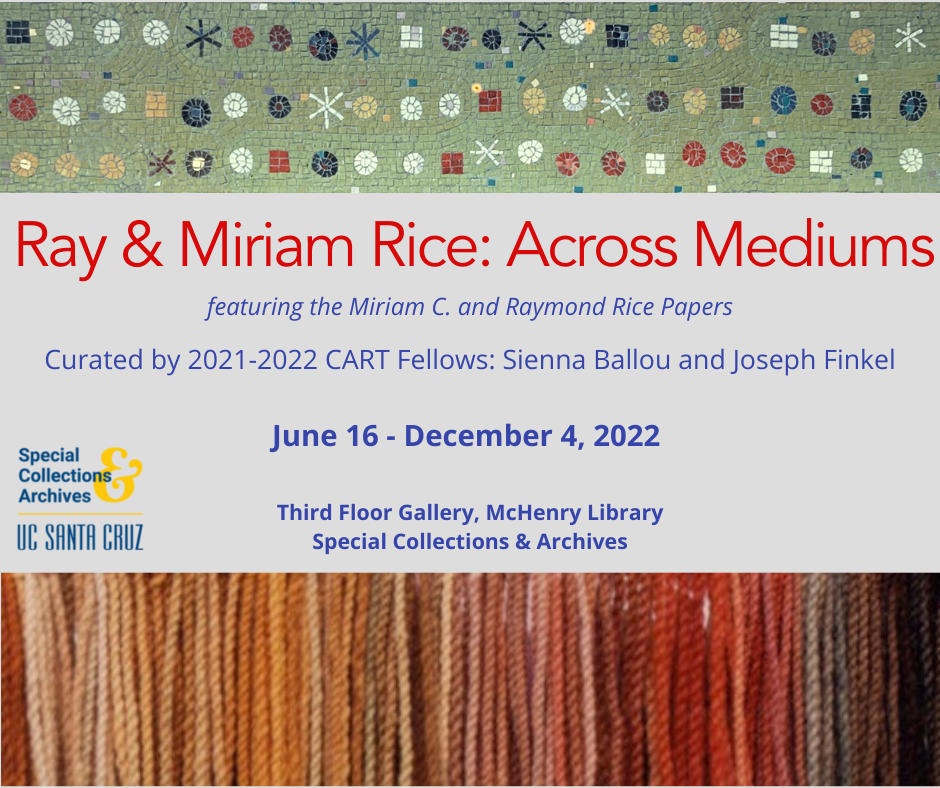 Ray and Miriam Rice: Across Mediums is curated by Sienna Ballou (Literature) and Joseph Finkel (Musicology). This exhibit draws on the newly acquired Miriam C. and Raymond Rice Papers to explore the distinct art practices, research, and writings that Northern California artists and experimenters Miriam and Ray Rice created during their long and productive life together.
Ray and Miriam Rice: Across Mediums is curated by Sienna Ballou (Literature) and Joseph Finkel (Musicology). This exhibit draws on the newly acquired Miriam C. and Raymond Rice Papers to explore the distinct art practices, research, and writings that Northern California artists and experimenters Miriam and Ray Rice created during their long and productive life together.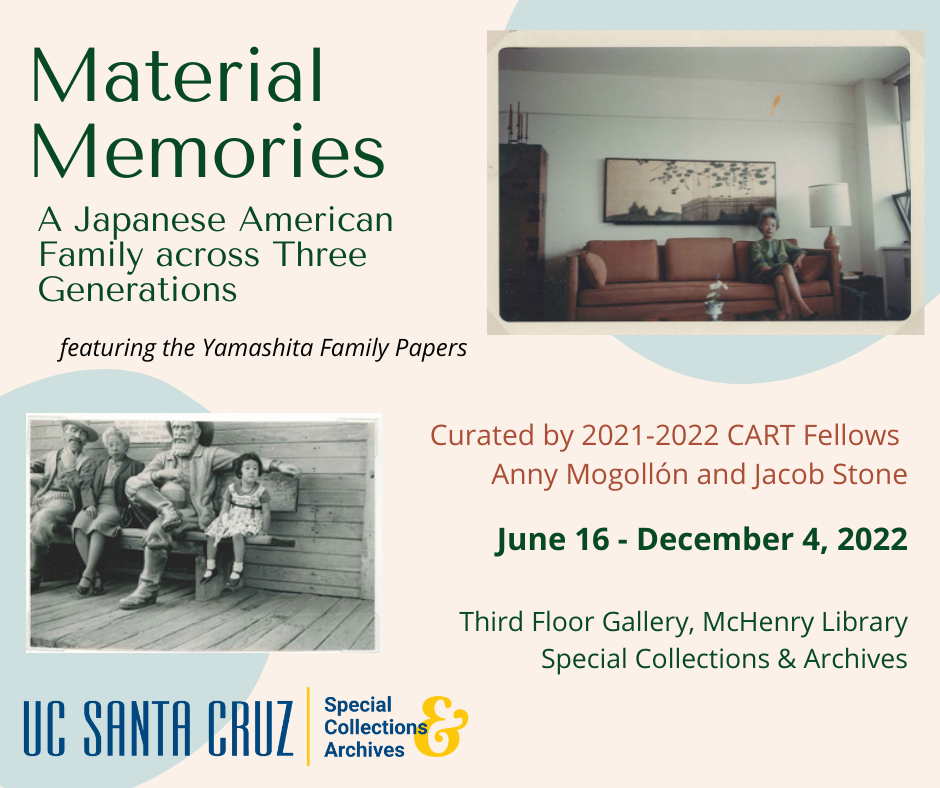
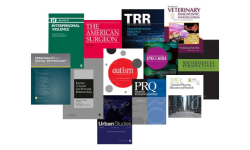
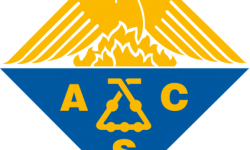

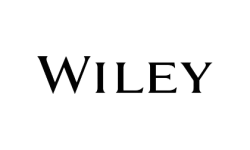
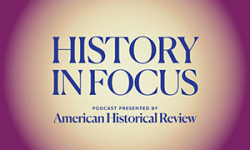
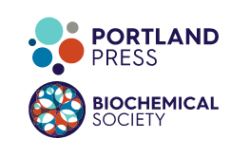


 Santa Cruz, CA
Santa Cruz, CA



